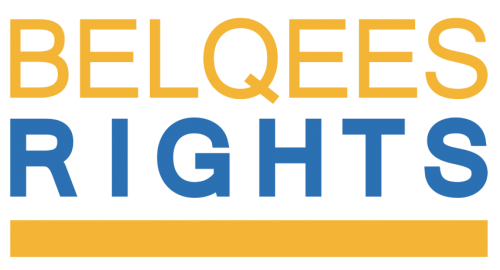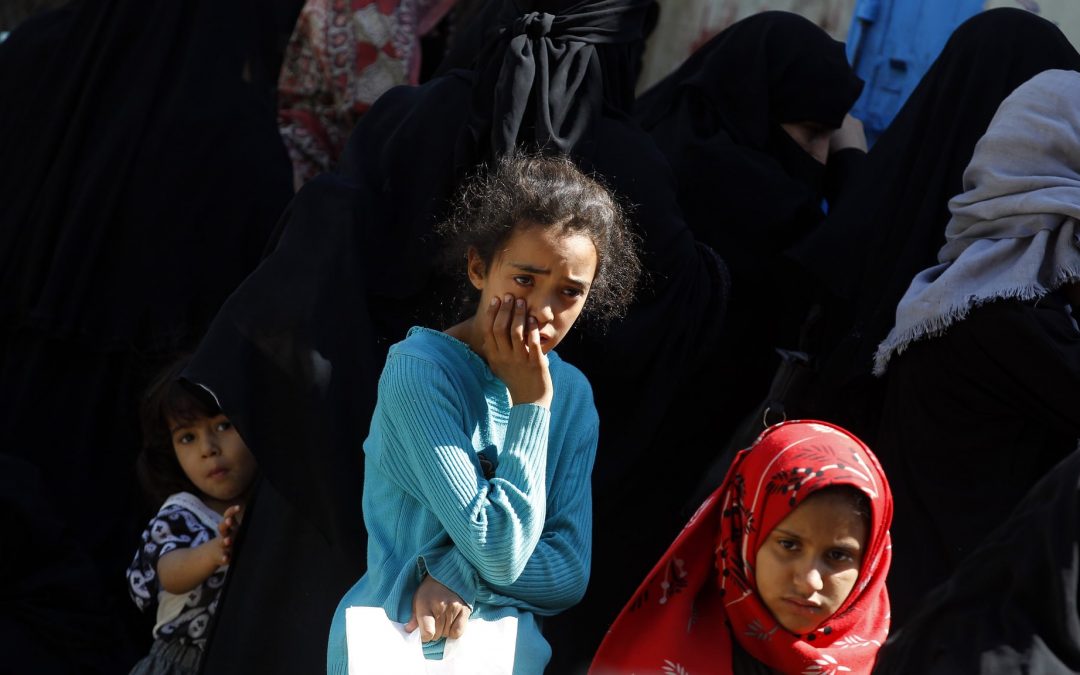After Saudi-led coalition seals stricken country’s borders, aid agencies caution that deliveries of food and medicine are critical for population’s survival.
Humanitarian groups and the UN have urged the Saudi-led coalition to reopen aid channels into Yemen, after a decision to seal the stricken country’s air, sea and land borders.
The UN described the closure of aid channels as “catastrophic”. Food, medicine and other essential supplies are “critical for the survival” of the country’s 27 million population, weakened by war, the International Committee of the Red Cross (ICRC) added. Yemen is in the grip of the world’s worst cholera outbreak and 7 million people are already on the brink of famine.
The coalition said on Monday it would close the borders to stem the flow of arms from Iran, after it intercepted a missile attack by Houthi rebels near the international airport in Riyadh, the Saudi capital. Iran has denied supplying the missiles. Humanitarian operations, including UN aid flights, are blocked because the air and sea ports, including Hodeidah, where most aid is delivered, are closed.
The UN reported it was not permitted flight clearance for two humanitarian flights bound for Yemen on Monday. A Red Cross shipment of chlorine tablets, to prevent cholera, was not allowed in at the country’s northern border, the ICRC said. Medical supplies, including insulin, are expected.
Yemen has been named the UN’s number one humanitarian crisis.
“We hear reports this morning that prices of cooking gas and petrol for cars and so on [are] already spiralling out of control,” Jens Laerke, from the UN office for the Co-ordination of Humanitarian Affairs, told a news briefing. “So this is an access problem of colossal dimensions.”
Johan Mooij, Yemen director of Care International, said: “For the last two days, nothing has got in or out of the country. Fuel prices have gone up by 50% and there are queues at the gas stations. People fear no more fuel will come into Hodeidah port.”
He explained that food insecurity was helping cholera to spread. “People depend on the humanitarian aid and part of the cholera issue [is] that they do not eat and are not strong enough to deal with unclean water.”
There have also been “daily airstrikes” in Sana’a, he said, adding: “People fear the situation is escalating.”
Robert Mardini, ICRC’s regional director for the near and Middle East, said: “Insulin cannot wait at a shuttered border since it must be kept refrigerated. Without a quick solution to the closure, the humanitarian consequences will be dire.”
Mardini said he was also concerned at the “steadily growing” number of civilian casualties and the targeting of non-military infrastructure, such as water treatment plants and civilian airports. “Such actions are in violation of international humanitarian law,” he said.
The war is between the Houthi rebels, who are allied with former president Ali Abdullah Saleh, and forces loyal to another president, Abd-Rabbu Mansour Hadi, who was ousted by the Houthis. Saudi Arabia has led a military intervention since 2015 to counter the advance of the Houthis, and aims to reinstate Hadi.
Both the coalition and rebels have been criticised by the UN for blocking aid to civilians.
Rupert Colville, a spokesman from the UN high commissioner for human rights, told Reuters the agency would study whether the blockade amounted to “collective punishment”, unlawful under international law, and said he hoped it would be temporary.
The agency has expressed concern over a series of recent attacks on markets and homes that have killed scores of civilians, including children.
Last month, the UN put the coalition on a draft of its blacklist for killing and maiming 683 children during the conflict in 2016 and for carrying out 38 verified attacks on schools and hospitals.


Recent Comments